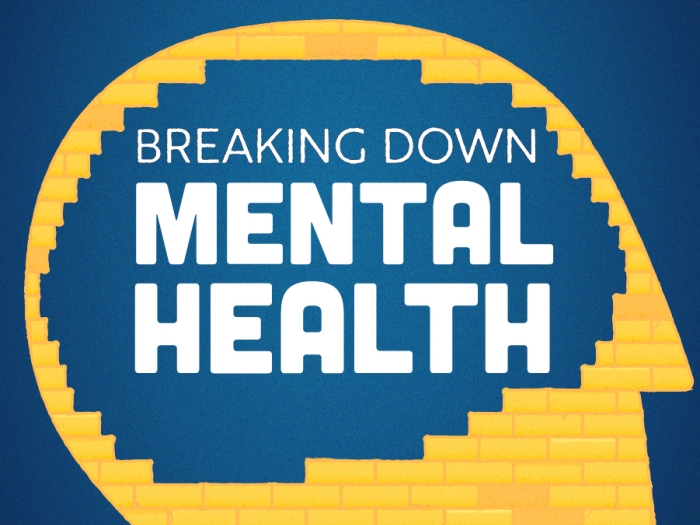Infertility can be heartbreaking for both partners in a relationship. The resulting stress that sometimes occurs only adds to a couple’s woes. Here, an expert offers advice on how to reduce the stress infertility can cause in relationships.
Transcript
Welcome to the Michigan Medicine News Break, your daily destination for news and stories about the future of healthcare.
Today, five strategies to stop infertility from stressing your relationship. Struggling to conceive can strain even the tightest couple's bond. These tips can help.
Infertility can be heartbreaking for both men and women. The resulting relationship stress that sometimes occurs only adds to a couple's woes. "For many couples trying to get pregnant can start to feel like work," says Lindsay Brennan, LMSW, CST, a clinical social worker from the University of Michigan Center for Reproductive Medicine.
The process of getting pregnant can put incredible strain on your relationship. Brennan offers tips for couples to help them weather the process together.
Number one, "Don't isolate yourself. Not everyone reacts to the trials of infertility the same way. If you and your partner feel the challenges of infertility differently it can be tempting to shut yourself off which creates distance between each other. Sometimes one partner may feel like the other one is bouncing back quicker after a disappointment and you wonder if maybe your partner doesn't understand what you're going through or if they feel the same emotional pain," Brennan said. "Hiding feelings though, can lead to deepening isolation."
Brennan advises that couples be aware that everyone copes differently. "There's no right or wrong way. Just different ways to process what's going on. Try to understand how your partner copes so each of you can meet the others' needs while not taking things personally if your reactions don't match up. Your partner can't give you the support you need if they don't know what you're feeling or how to help," says Brennan.
"Keep the romance alive. Fertility struggles can make sex feel like a chore. Many couples get to the point where they're having sex only during ovulation windows," Brennan said, "Add to that fact that one partner may feel less in the mood outside designated fertility windows, and you have a situation that can further aggravate feelings of isolation."
Brennan suggests reserving time for intimacy that isn't focused on getting pregnant. "The focus doesn't have to be on having sex, but try to create windows of time where you can feel intimately connected together. Hold hands, take walks together or cuddle on the couch, for example. The most important thing is to make time for the two of you without distractions."
Number three. Relax together or apart. So much about the fertility journey is stressful. Make a point to find ways to relax and recharge. Schedule a couple's massage, go on an overnight getaway, enjoy a hike. Make time for whatever is restorative for you. Doing something together is ideal, but it also helps to find ways to chill out on your own.
Number four. Be mindful. It's easy to get carried away by the stress, medical appointments, body changes, anxiety, and even shame associated with infertility.
Brennan says, "Training yourself to be mindful of the signs of mounting anxiety can help. Mindfulness is a really helpful tool for couples affected by the tension of infertility," said Brennan. "Pay attention to when the stress feels like it's piling up or starting to feel unmanageable and hit the pause button."
Brennan suggests patients use those moments to become mindful and present in their environment. "Take a deep breath, feel your feet in your shoes. Feel the air on your skin, put yourself in the moments," she recommended. "There are a number of great apps, such as Calm and Headspace that can help you get started."
Number five. "Ask for support. Just as your doctor helps you navigate the medical aspects of getting pregnant. Fertility counselors are trained to help support your relationship through the fertility journey. Every couple is different and there's no manual on how to survive infertility," said Brennan. "I help couples get back on the same page and work through the emotions they're experiencing. Even the strongest couples can struggle to stay connected while trying to conceive," she notes.
Fortunately experiencing the trials of infertility together can lead many couples to come out on the other side, stronger than ever. Brennan advised, "Remember that you've chosen to do this together and you'll get through it together."
For more on this story and for others like it, visit www.uofmhealth.org/umhs-health-blogs, and find the Michigan Medicine News Break wherever you listen to podcasts.

Listen to more Health Lab podcasts - a part of the Michigan Medicine Podcast Network.






